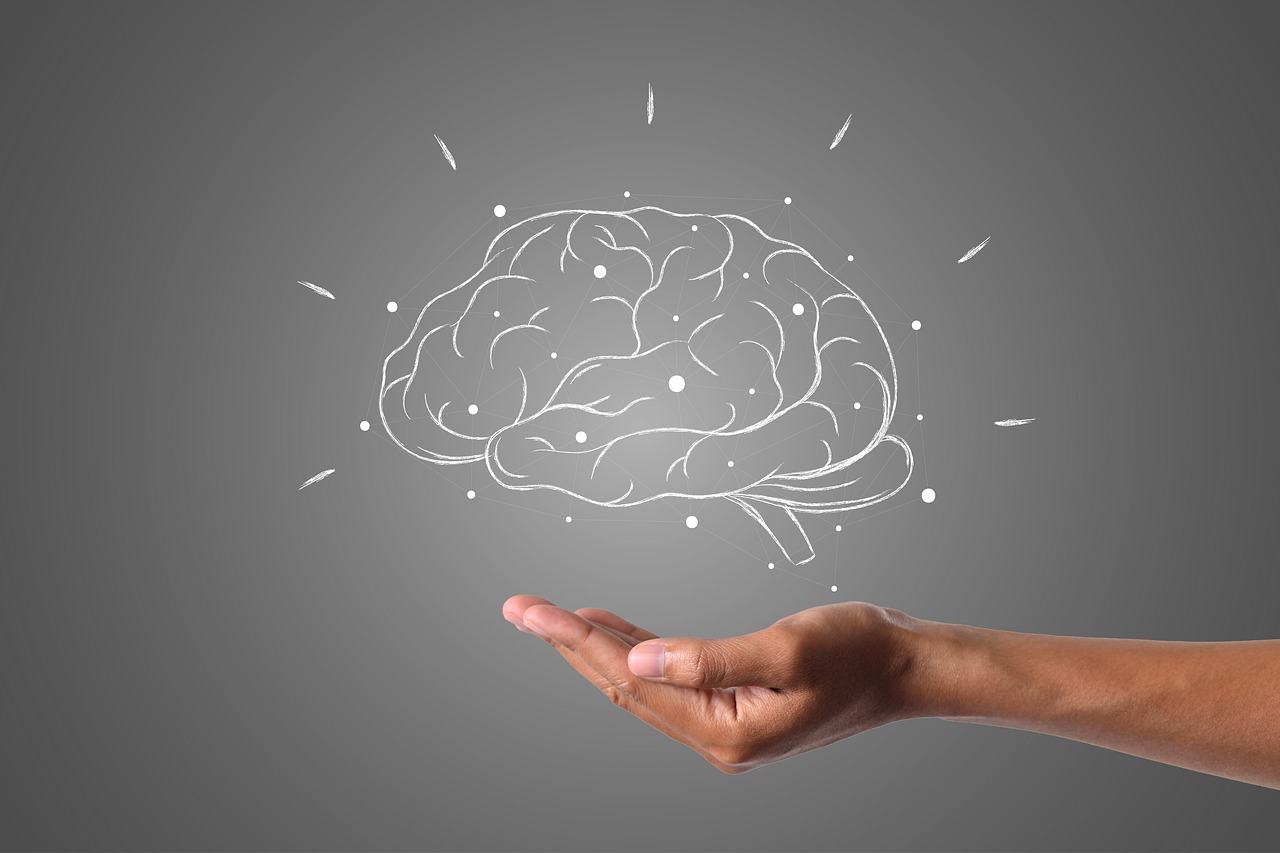Mindful Recovery – The Resilient Brain’s Triumph Over Trauma and Addiction
In the face of adversity, the human brain remains one of the most resilient and adaptive organs. Its intricate network of neurons and synapses, once believed to be static past a certain age, is now understood to possess a remarkable ability to heal and rewire itself. This regenerative ability is especially critical when confronted with trauma or the repercussions of substance misuse. The journey isn’t solely about overcoming an external challenge; it’s an internal voyage, reshaping the mind and restoring the spirit. This article delves into the brain’s tenacity, the tools and techniques that fuel this resilience, and how a touch of luxury can transform the path to recovery into a transformative life experience.
The Science of Neuroplasticity
The brain’s astounding capacity to adapt and evolve, especially after trauma or prolonged substance misuse, hinges on neuroplasticity. Gone are the days when scientists believed that the brain’s structure was fixed post-childhood. Contemporary research indicates that our brains can create new neural pathways, modify existing connections, and adapt throughout our lifespan. This adaptability is the cornerstone upon which recovery and resilience are built.
From Trauma to Transformation – The Brain’s Healing Process
Whether emotional or physical, trauma leaves a distinct mark on the brain. Prolonged exposure to stress hormones can lead to structural and functional alterations. But, like a phoenix rising from its ashes, the brain embarks on a recuperative journey. This process, while individualistic in nature, typically involves recognition of the trauma, seeking therapeutic intervention, and ultimately, reaching the path to self-acceptance. It’s a journey that often intertwines pain with purpose, leading to transformative self-growth.
Tools and Techniques – Nurturing Resilience
Resilience isn’t a passive trait but an active pursuit. It’s nurtured through a combination of internal and external tools. Mindfulness practices, meditation, cognitive-behavioral therapy, and even physical activities like yoga can significantly boost the brain’s resilience. These techniques provide a buffer against stress and fortify the brain’s inherent capacity to heal and adapt.
The Role of Luxury in Recovery – A Paradigm Shift
In the backdrop of recovery, “luxury” is not about opulence. It’s about offering an environment that perfectly amalgamates comfort with top-tier therapeutic care. Luxury alcohol treatment centers are more than just aesthetically pleasing spaces. They encapsulate an approach where every detail, from the ambiance to the care regimen, is curated to amplify the healing process. The allure of these centers often transcends borders. Whether it’s the serene landscapes of Utah, the pristine beaches of Hawaii, or the tranquil retreats in Thailand, individuals globally are increasingly recognizing the merits of traveling out-of-state or even overseas to seek the care they need. The journey to these destinations, metaphorically and literally, symbolizes breaking away from old, detrimental patterns and embracing a fresh start in a nurturing environment.
Personalized Recovery – Every Brain is Unique
When it comes to recovery, one-size-fits-all is an outdated approach. Each brain’s unique experiences and traumas demand a tailored healing journey. This personalized approach ensures the recovery addresses the issue’s root rather than just offering a temporary fix. Understanding individual nuances makes the path to healing more targeted, efficient, and sustainable.
The Mind-Gut Dialogue – An Unexpected Ally in Recovery
The adage “you are what you eat” has profound significance when considering the brain’s recovery. Emerging research has illuminated the intricate dance between gut health and brain function, termed the gut-brain connection. A balanced gut can significantly influence mood, stress responses, and overall cognitive health, making it an unexpected yet powerful ally in the recovery journey.
The Social Brain’s Role in Recovery
Humans, by nature, are social beings. Our brains are wired for connection, fostering a sense of belonging and mutual understanding. In the recovery journey, the role of community cannot be overstated. Support groups, communal therapy sessions, or casual meet-ups with others on a similar path can bolster resilience and determination. Being a part of a community provides an opportunity to share experiences, learn from others, and, most importantly, realize that one isn’t alone in this journey. It introduces diverse coping mechanisms and presents myriad success stories, inspiring hope. This communal bond acts as a beacon, guiding individuals through the darker phases of recovery and leading them toward a brighter, substance-free future. Even in opulent settings, the simple act of human connection remains a potent therapeutic tool.
The road to recovery, laden with challenges and revelations, is a testament to the human spirit’s indomitable will and the brain’s awe-inspiring resilience. As we deepen our understanding of the brain’s abilities, our approach to trauma and substance misuse recovery continues to evolve. By blending scientific insights with holistic care and sometimes even a touch of luxury, we ensure that the path to healing is not just about survival but a transformative journey to thriving.

